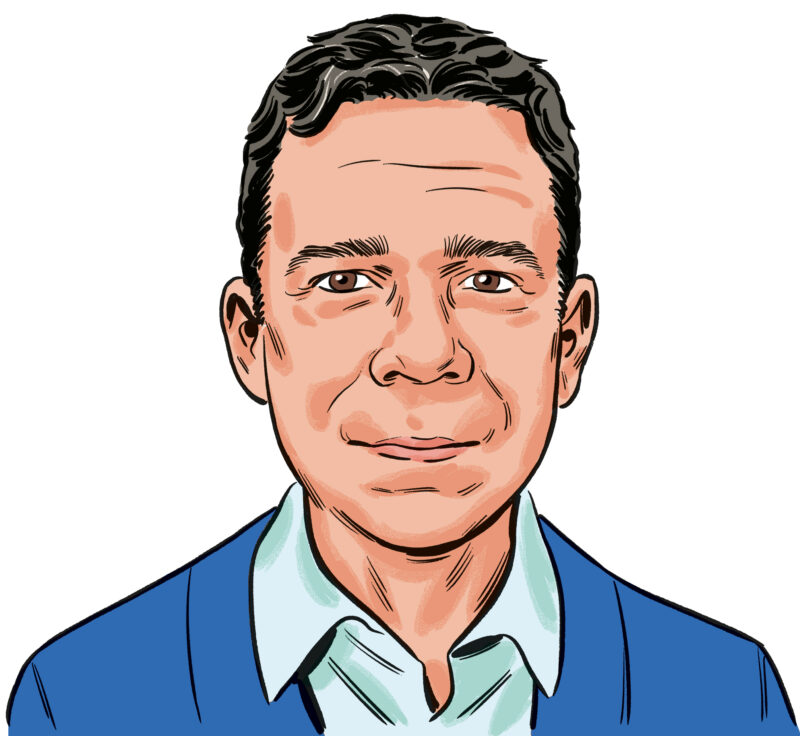Union Park → Park #587, Monday 3/18
The protest and the convention occur in the Near West Side, which doesn’t feel near anything except itself. Union Park is where the protest convenes, and United Center is where the DNC is happening. Both are north of the highway that bisects the neighborhood. There’s a lot here—lots of buildings, lots of life—and, arguably, not as much as there could be, given the space.
You have reached your article limit
Sign up for a digital subscription and continue reading all new issues, plus our entire archives, for just $1.50/month.
Already a subscriber? Sign in





